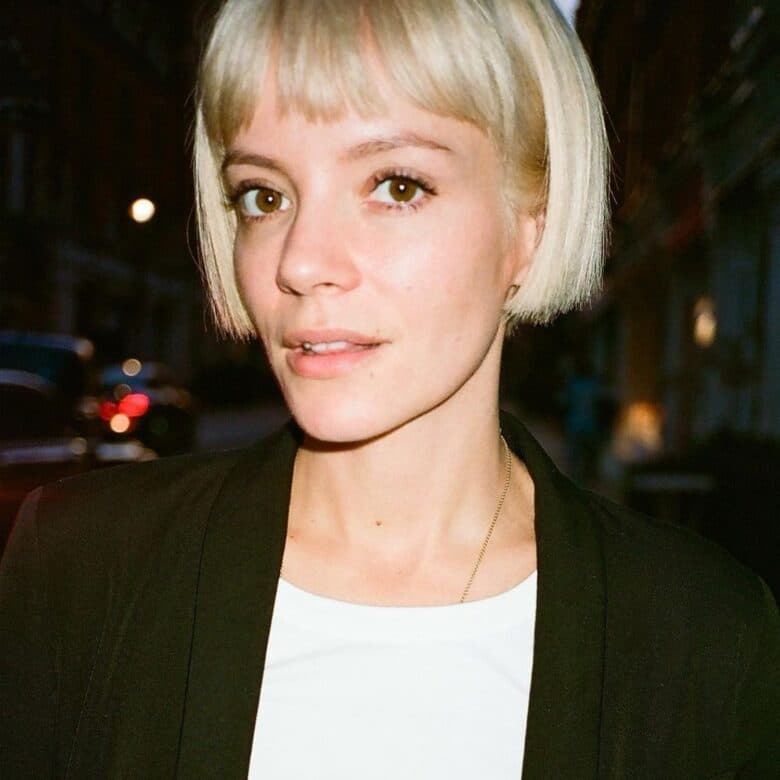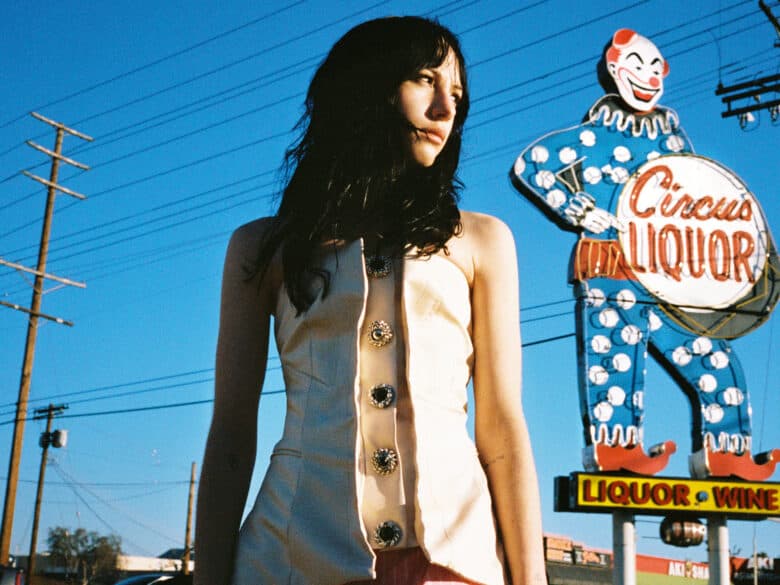Get to Know: The ethical World Cup

The 2022 Fifa World Cup has been wrapped in controversy from the start. When the tournament was awarded to Qatar in December 2010, there were mass calls for a rerun of the vote. This came down not only to the issues of playing 90-minute games in blistering desert heat, but also due to the human rights (or lack thereof) issues tied up in partnering FIFA with Qatar.
To put it into context, the Guardian reported last year there had been 6,750 deaths of south Asian migrants in Qatar since 2010, meanwhile, Qatar remains a country where same-sex relationships are criminalised and women must obtain permission from their male guardians to marry, study abroad, travel abroad until certain ages, and receive some forms of health care. Just as it felt like the football landscape might be getting even more palatable following the Women’s Euros, the FIFA World Cup partnering with Qatar seemingly represents more regression.
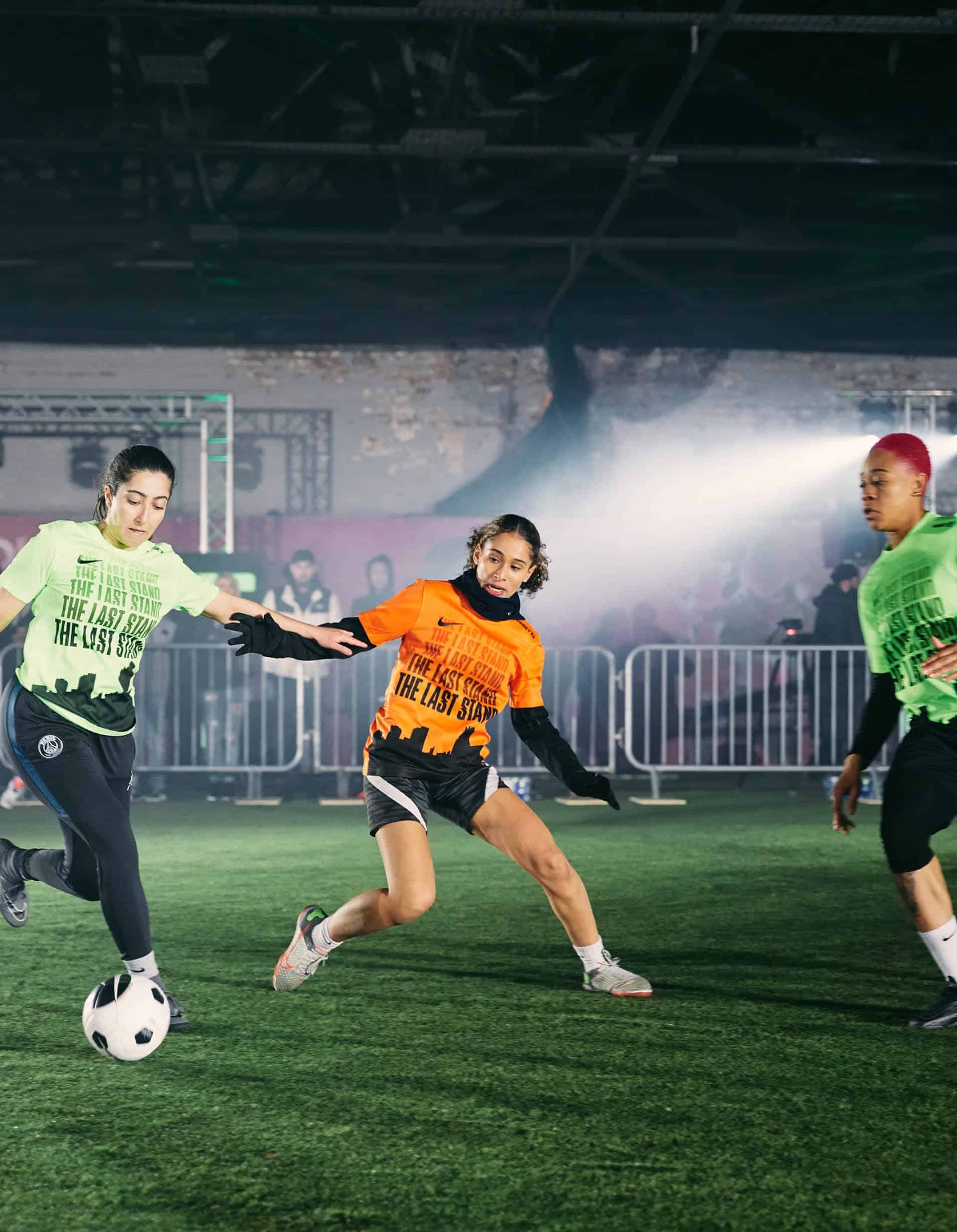
The need for positive news in the football space is somehow stronger than ever — just in time for the refreshing return of The Last Stand. The Last Stand is a street football tournament started on the streets of London in 2016, before it spread across the UK. The event was founded by Gundeep Anand, a film director based in London. A former youth worker, Gundeep’s background in coaching across communities, council estates and schools led him to an encompassing passion for promoting social change. Blending that passion with film-making and a love for football, The Last Stand was born.
In its early days, the tournament started out as a call-out film that blew up on Instagram, before the first of their four-a-side tournaments stormed onto the streets of London with force. The event quickly spiralled into much more than a grassroots tournament, but a symbol of community and British culture: winners get Nandos, losers get Chicken Cottage.
“I made the rules bespoke for the tournament because I was like, ‘how do I make it entertaining and exciting for people?’ The reason we did four-a-side is because we couldn’t afford to get venues which were big enough”, Anand tells HUNGER. “So we just had to adapt. It’s not a fixed thing because street football is free. But what we normally do is we play with a slightly smaller, heavier futsal-type ball. We play on tight basketball courts with hockey sized goals and rush keepers. It’s very fluid”.
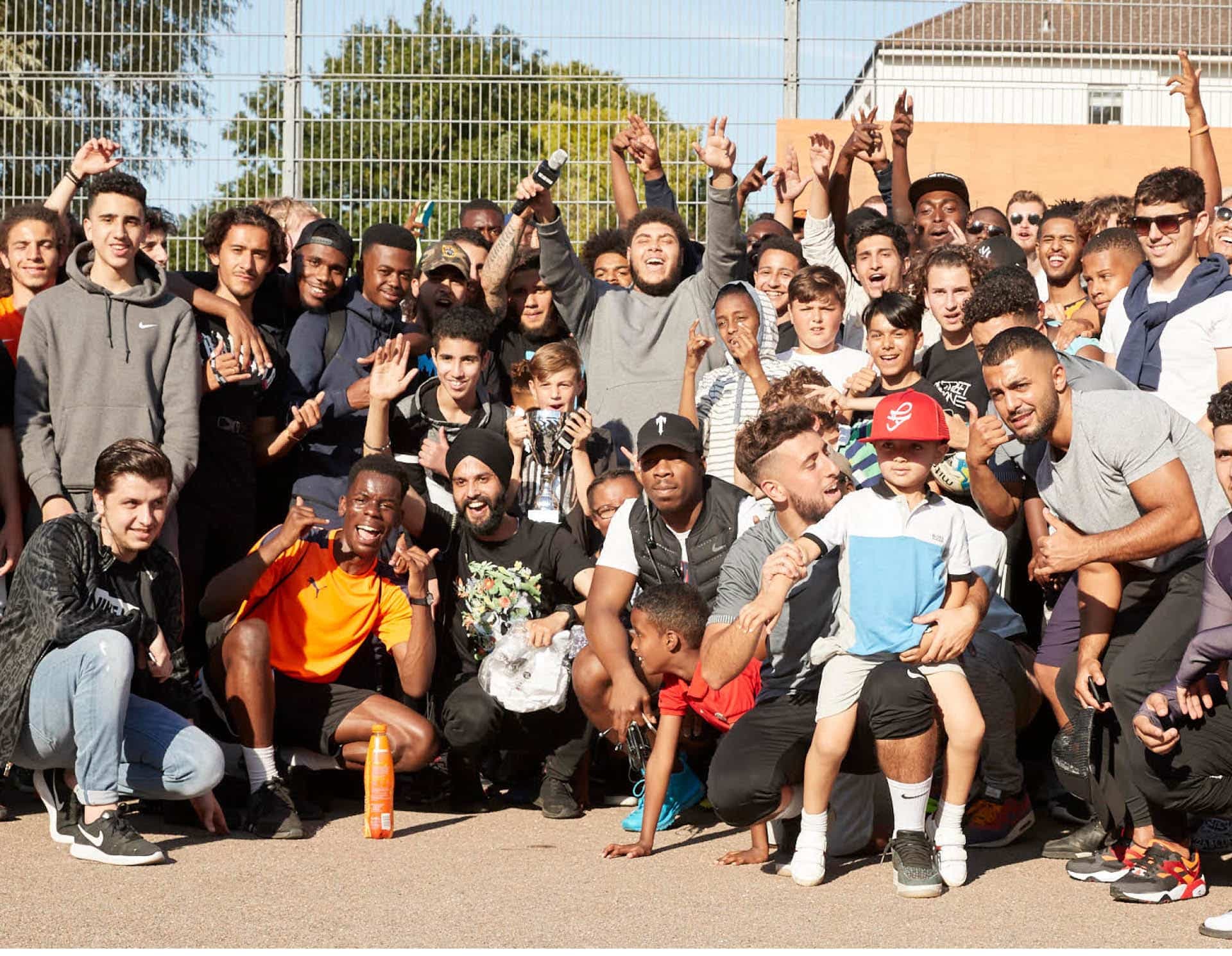
Before you know it, The Last Stand has become nothing short of a movement, with support from brands like Nandos and London Marathon and a tour of men’s and women’s games across the UK, covering Birmingham, Manchester, Liverpool, Cardiff and Glasgow, before more tournaments back home in London. On top of that, the project has seen wave after wave of big-name football support from the likes of Alex Iwobi, Jadon Sancho, Ashley Cole, Thierry Henry, Troy Deeney, Didier Drogba and Ola Aina.
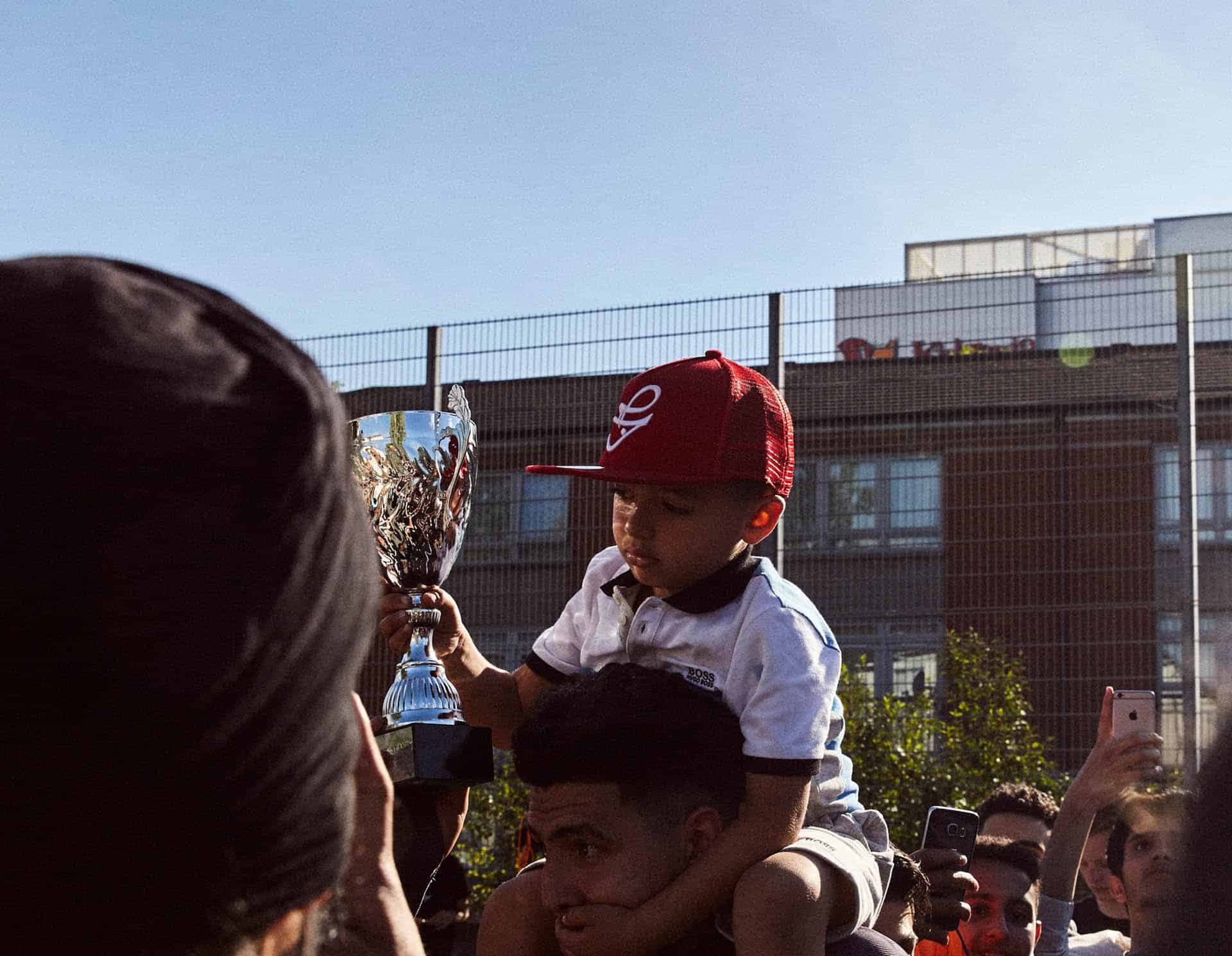
For the players, the impact of the tournament has been huge, with the seismic effects on communities felt across the UK. A leading example of this is The Last Stand player Olu Maintain. After being on the books of Tottenham Academy until the age of 19, Olu was released from the Premier League side, moving on to play for FC Wimbledon, Norwich and Falkirk, when his football began to take a hit. Olu eventually stopped making the team and began feeling down, struggling with training.
Before long, Olu arrived back in London with a difficult relationship with football, family problems and personal problems. Eventually, Olu started getting involved in the wrong crowds, and became increasingly isolated, before almost taking his own life. Luckily, Olu came across a video of The Last Stand featuring two of his friends not long after, and an hour or so later, he was on the pitch. Not only did Olu fall back in love with football, but he began working with Puma and LADbible, directing and producing videos. His life transformed for the better.
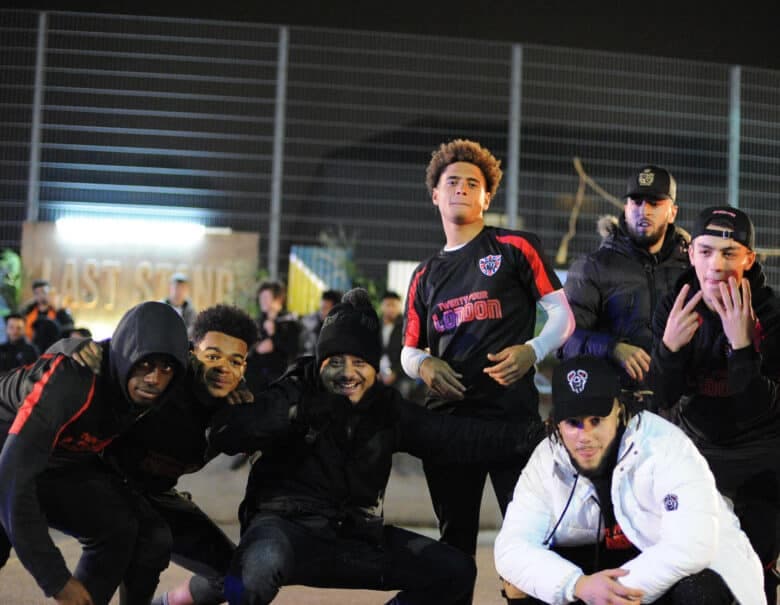
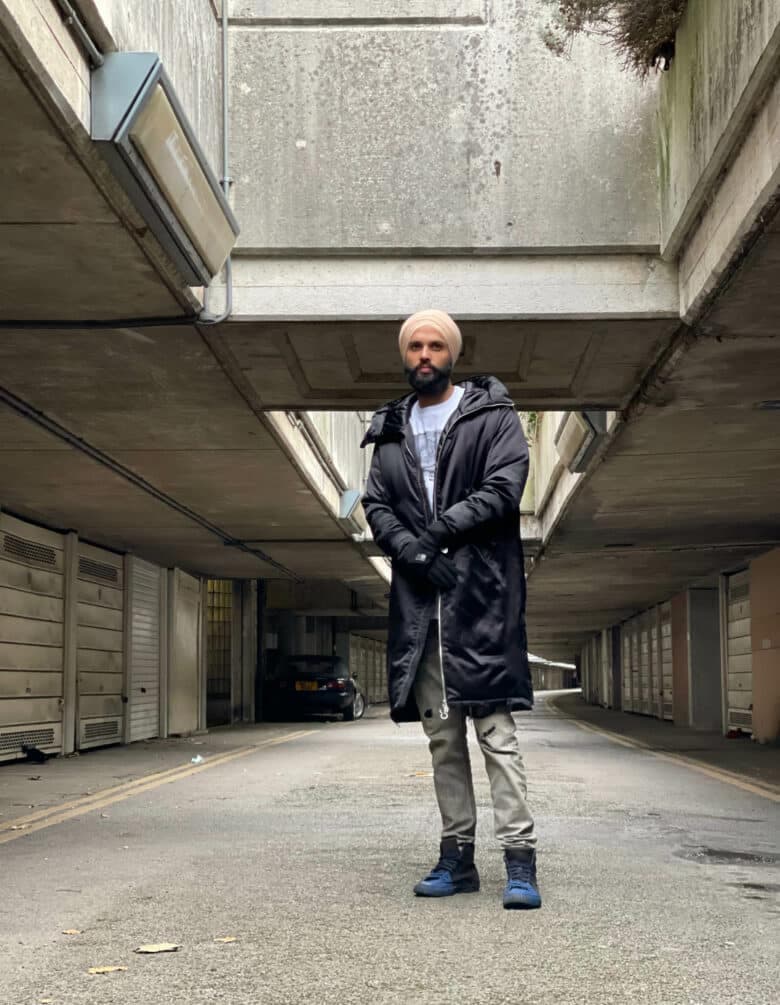
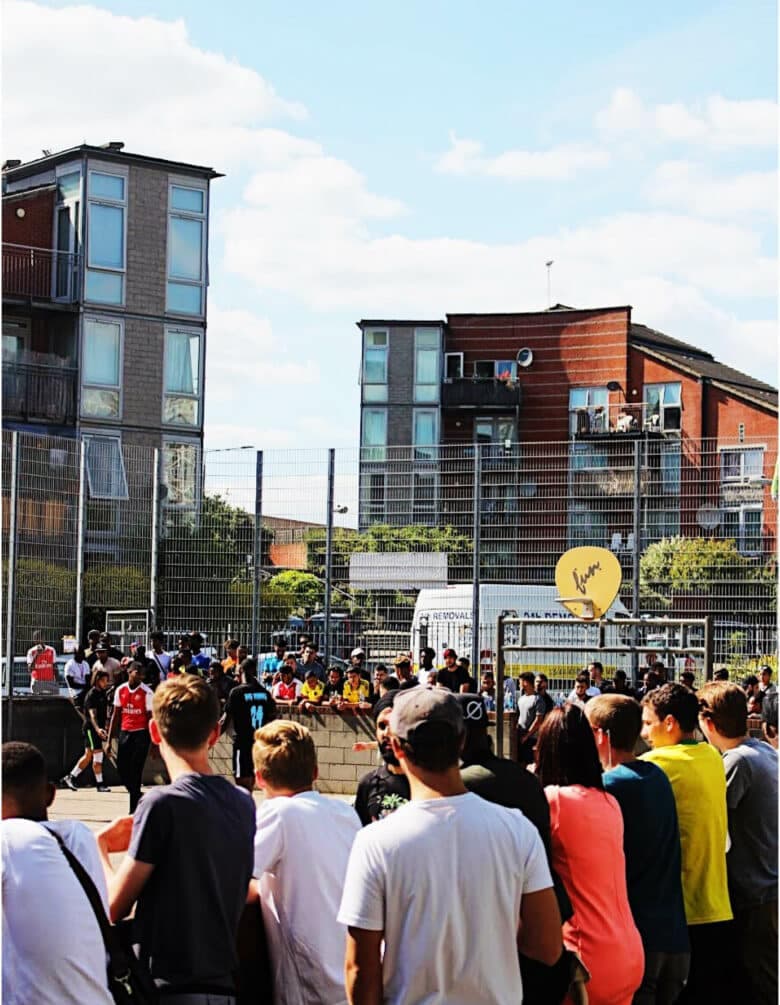
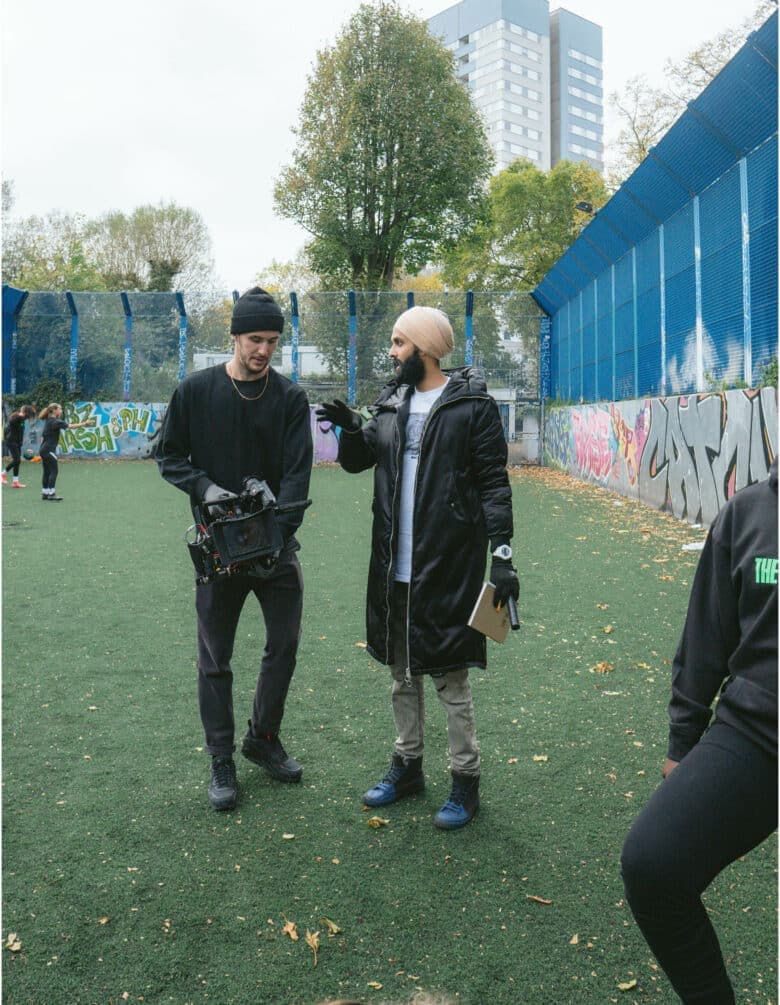
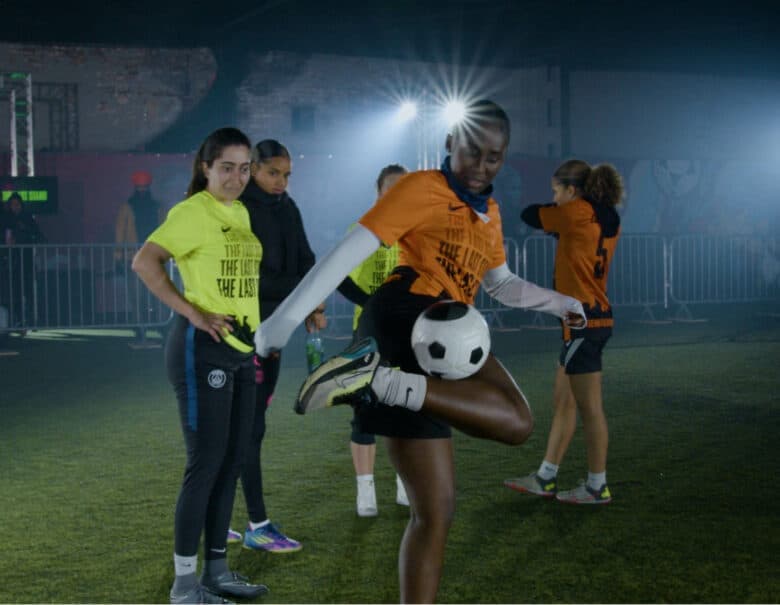
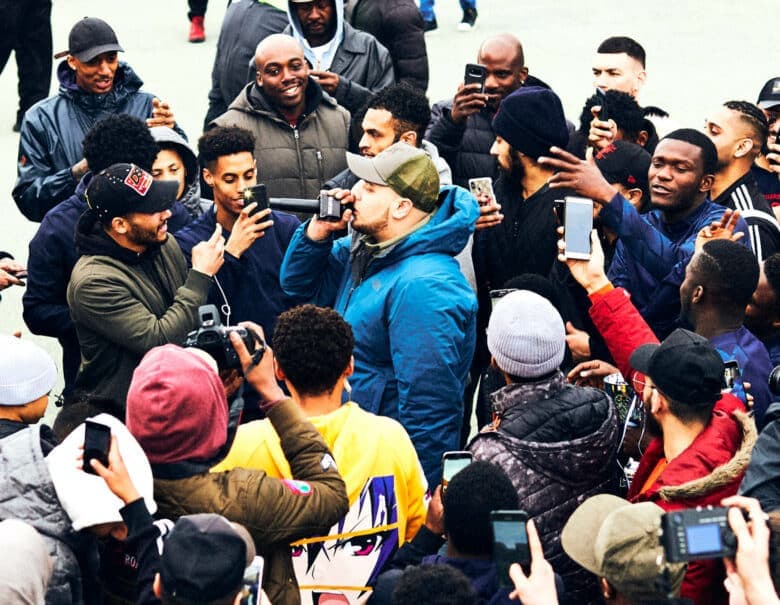
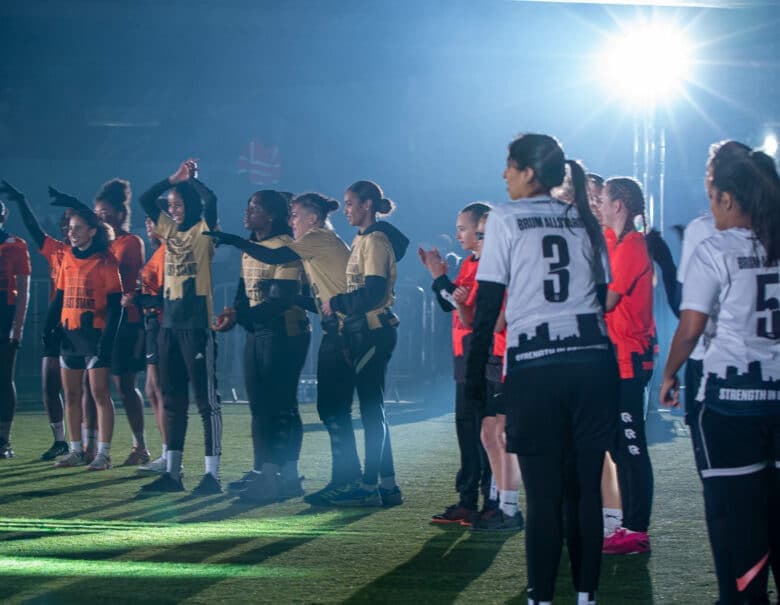
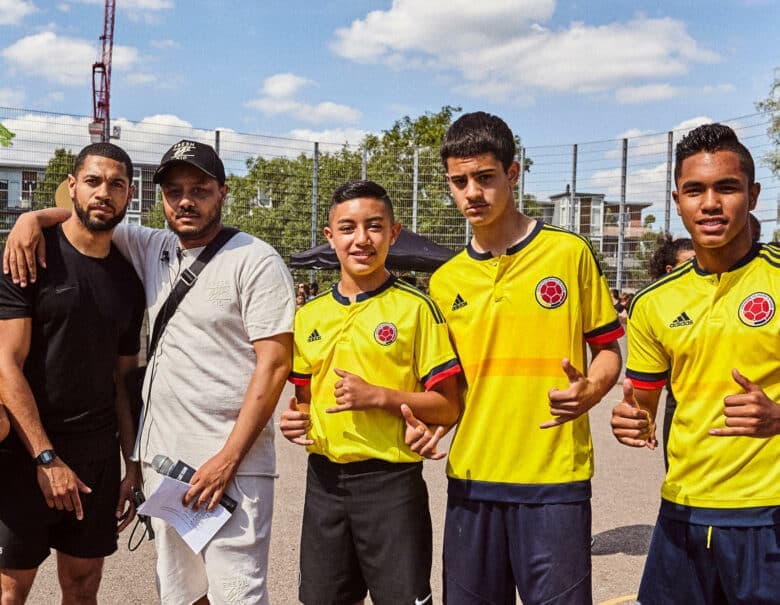
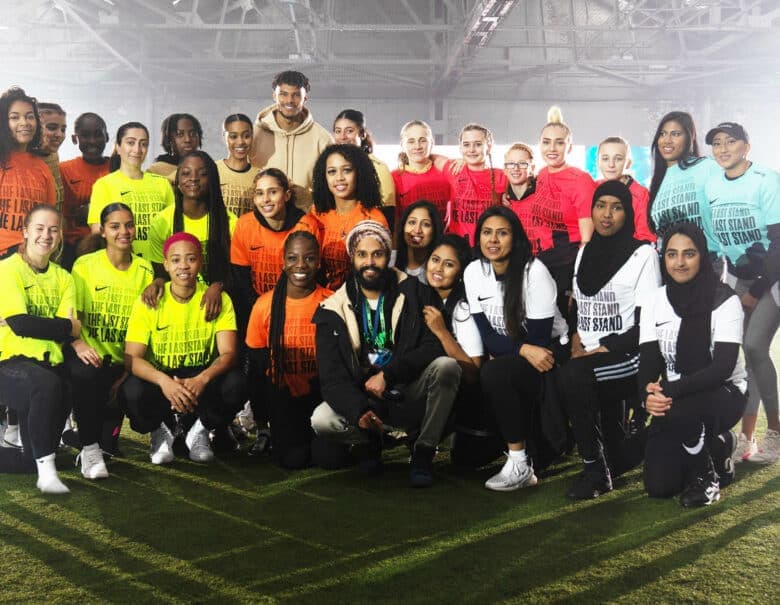
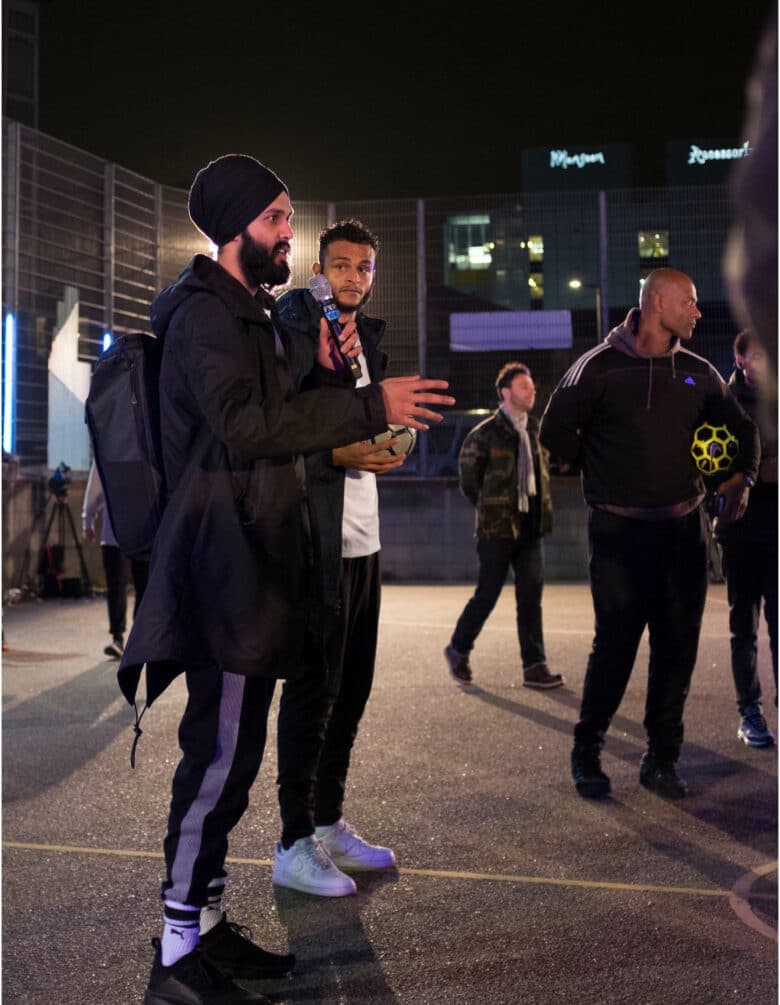
“We attract all sorts of players. Some play for glory, some people play for respect, some people will play because they want to beat their friends and showcase [their skill],” comments Anand. “Every time we’ve done events, I think it’s definitely brought a lot of attention to the people who play in it, and created opportunities for them. Sometimes opportunities could come in the form of a job. Sometimes it could come in the form of a modelling contract, a partnership with a brand, or maybe an opportunity to work in certain industries. Or maybe it might just be that you give them the hope that young people need to make them realise that, ‘Bro, I can pick myself. I don’t need to wait for anybody’”.
Looking forward, The Last Stand is now warming up for its next major tournament, coming to the streets of London at a secret location on the 17th December. Championing the next big names in street football, the upcoming event promises to charge the movement further: the next evolution of restorative, community-led, entertainment-first football.
